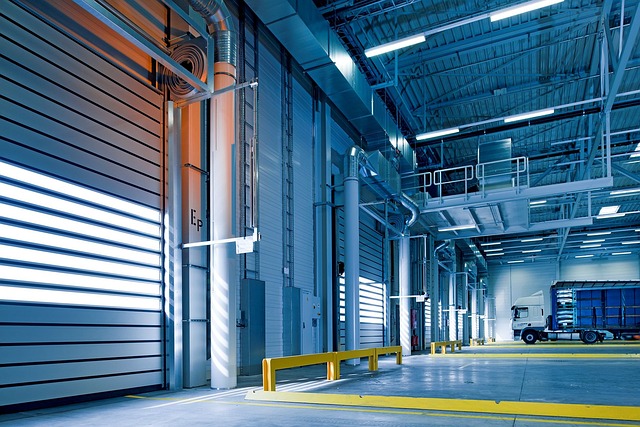How Prefab Metal Warehouses Enhance Sustainability in the Logistics Industry

The logistics industry plays a crucial role in the global economy, facilitating the movement of goods across vast distances. However, this industry faces environmental challenges due to its energy consumption, waste generation, and carbon emissions. There has been a growing emphasis on sustainability within the logistics sector in recent years. One way to enhance sustainability is through the adoption of a prefab warehouse. These innovative structures offer numerous benefits contributing to a greener and more efficient logistics industry.
I. Energy Efficiency and Reduced Carbon Footprint
Prefab metal warehouses are designed with energy efficiency in mind. They feature advanced insulation systems and high-performance roofing materials that minimize heat transfer and reduce the need for excessive heating or cooling. Additionally, using natural and energy-efficient LED lighting systems reduces electricity consumption. These warehouses significantly decrease carbon emissions by optimizing energy usage and promoting sustainability in the logistics industry.
II. Minimization of Construction Waste
Traditional construction methods often generate substantial waste, contributing to environmental degradation. In contrast, prefab metal warehouses are manufactured in a controlled factory environment, allowing for precise measurements and minimal material waste. The production process is optimized to minimize the generation of construction waste, resulting in a more sustainable option for warehouse construction.
III. Flexibility and Scalability
The logistics industry is dynamic and constantly evolving, requiring adaptable warehouse solutions. Prefab metal warehouses offer the advantage of flexibility and scalability. They can be easily expanded, modified, or relocated to meet changing operational needs. This adaptability reduces the need for new construction projects, saving resources and minimizing environmental impact.
IV. Durability and Longevity
Metal is known for its durability and longevity, making it ideal for warehouse construction. Prefab metal warehouses are designed to withstand harsh weather conditions, such as extreme temperatures, heavy winds, and snow loads. Their robust construction ensures a longer lifespan, reducing the frequency of repairs and replacements. By minimizing the need for frequent renovations, prefab metal warehouses contribute to sustainability by reducing material consumption and waste generation.
V. Improved Energy Management Systems
Prefab metal warehouses can incorporate advanced energy management systems like solar panels, rainwater harvesting systems, and smart sensors. Solar panels generate clean, renewable energy, reducing dependence on fossil fuels and lowering carbon emissions. Rainwater harvesting systems collect and reuse rainwater for various purposes, reducing water consumption. Smart sensors optimize energy usage by automatically adjusting lighting, temperature, and ventilation based on occupancy and environmental conditions. These energy management features enhance sustainability by promoting efficient resource utilization.
VI. Recyclability and Reduced Environmental Impact
Metal is highly recyclable, meaning a prefab warehouse has a minimal environmental impact. At the end of their useful life, these structures can be dismantled and the metal components recycled, reducing waste generation and conserving natural resources. Furthermore, the recycling process for metal requires significantly less energy compared to the production of new materials, further enhancing the environmental benefits of prefab metal warehouses.
Conclusion:
The logistics industry increasingly recognizes the importance of sustainability, and prefab metal warehouses offer a practical solution to enhance environmental performance. These warehouses contribute to a greener and more sustainable logistics industry through their energy efficiency, minimal waste generation, adaptability, durability, and recyclability. As the demand for sustainable logistics grows, adopting prefab metal warehouses is a step towards a more environmentally conscious future. By embracing these innovative structures, the industry can reduce its carbon footprint, minimize resource consumption, and pave the way for a more sustainable logistics sector.



